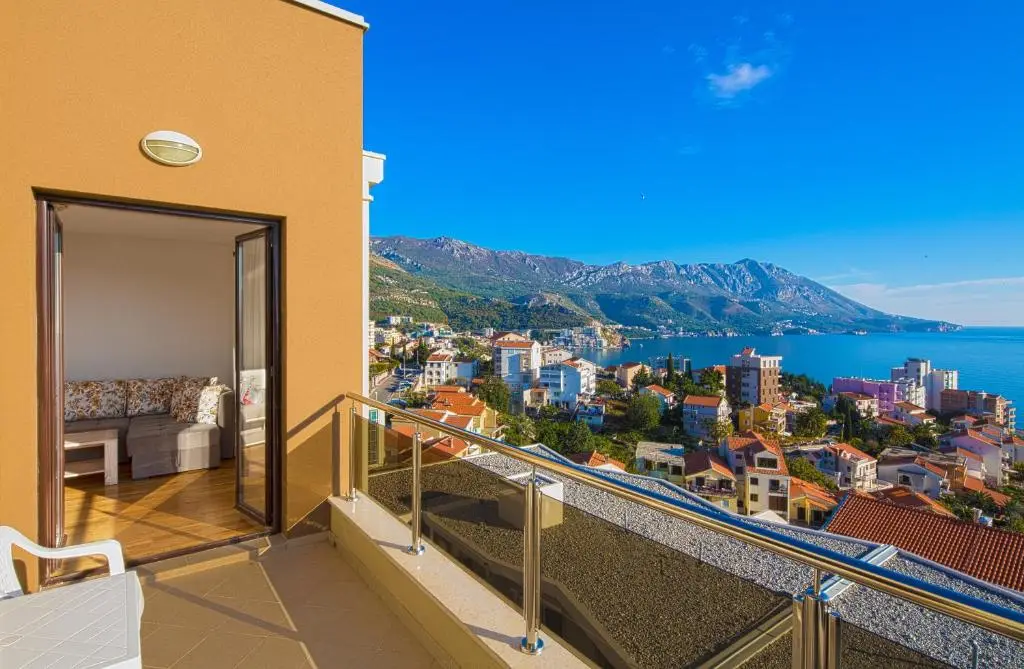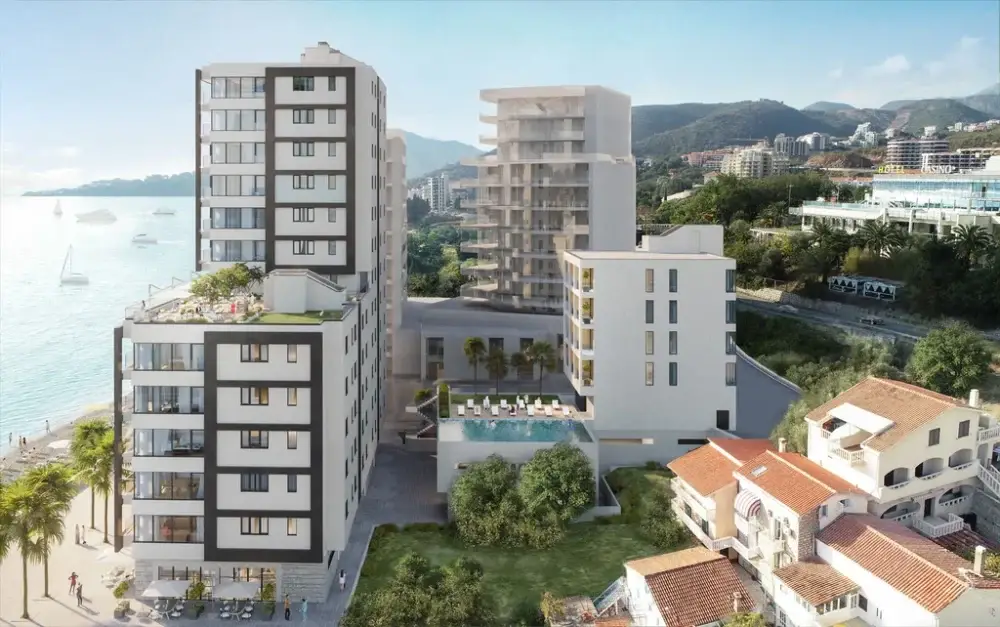Montenegro is one of the few European countries where a combination of favorable taxes, stable housing demand, and price growth makes the market attractive to foreign investors. Transparent rules and affordable cost per square meter turn property purchase into a profitable strategy. However, not everyone is ready to pay for the property in full. In this case, getting a mortgage in Montenegro for foreigners becomes relevant, allowing the acquisition of property under certain conditions without the full sum in hand.
The country’s banking system offers non-residents various financing programs, although the choice is less diverse compared to EU countries. Nevertheless, the loan application process is organized and possible for both individuals and companies registered in the republic.

Features of the mortgage market
Lending in the country is regulated by local legislation and banking norms. Approval rates for foreigners directly depend on income levels, property acquisition goals, and buyer types. It is easiest to get a loan secured by the purchased property, especially if it is located in major cities or tourist areas.
To apply for a loan, a foreign buyer must meet financial requirements and pass a reliability check. Financial institutions require transparency of income sources and justification of the transaction’s purpose. Although in some cases, remote application submission is possible, approval often occurs after a personal visit.
Who can qualify for a mortgage loan?
Banks work with both individuals and legal entities. If the transaction is made on behalf of a company, it is necessary to confirm the legal status and business stability. Mortgages in Montenegro for legal entities are available for registered companies, especially if foreigners are acquiring commercial property.
A separate category includes buyers who already have resident status. Mortgages in Montenegro for residence permit holders are processed under general conditions but with fewer checks. Having a temporary or permanent residence permit speeds up the loan approval process and increases the chances of approval.
What factors influence getting a mortgage in Montenegro for foreigners?
Banks consider each application individually. Key factors influencing the loan offer include the loan amount, type of property being acquired, and the borrower’s financial position. The monthly payment amount is calculated based on income, not just the property’s value. Below are the key parameters affecting the offer:
- Down payment — from 30% to 50%, depending on the bank and buyer’s status;
- Loan term — up to 25 years, with the option of early repayment without penalties;
- Loan currency — euro, regardless of the borrower’s citizenship;
- Mortgage interest rates — from 5% to 7% per annum, depending on fixed or floating schemes;
- Mandatory conditions — property insurance, property valuation, and opening a bank account.
Mortgage approval occurs after verifying all documents and property evaluation. The bank may reject the application without explanation, especially in cases of unstable income or lack of credit history.
What documents are required?
The process of obtaining a mortgage in Montenegro for foreigners takes from two weeks to a month. In some institutions, it is possible to submit documents online, but personal presence during contract signing remains mandatory. Special attention is paid to the legality of income and the applicant’s financial resume. Let’s consider the main document requirements:
- Mortgage documents — passport, income statement, bank statements for 6 months;
- Tax declaration — mandatory for self-employed individuals and business owners;
- Building appraisal — conducted by a third-party appraiser upon request;
- Sales contract — provided at the final stage;
- Account opening — mandatory in the chosen bank for loan transfer and servicing.
Financial institutions require translated and notarized copies of all documents. Additional certificates are sometimes requested, especially when applying from abroad.
Which institutions work with non-residents?
The country’s banking system includes both local and international institutions. Banks in Montenegro for foreigners offer a limited number of mortgage programs, but upon approval, they provide stable service conditions and transparency. The most active players include CKB Bank, Erste Bank, Hipotekarna Banka, and NLB Montenegro.
Each bank has its requirements for borrowers, especially when it comes to real estate loans in Montenegro without permanent residency. Major creditors with international experience are more favorable towards foreigners.
Mortgage and investment attractiveness
For those considering housing as an asset, investing in Montenegro real estate remains one of the most stable directions. Tourist flow, limited market supply, and affordable prices make property purchase with subsequent rental a profitable strategy. Even with a loan, the property pays off within 7–10 years.
Through mortgage programs, an investor can minimize initial investments by spreading payments over several years, allowing the purchase of more liquid assets, preserving capital, and earning rental income to cover monthly payments.
Mortgage in Montenegro for foreigners: key points to remember
Mortgages in Montenegro for foreigners are a real tool for purchasing residential property on installment, even without resident status. Banks provide loans to both individuals and registered companies, with conditions varying based on income levels and document quality.

The process requires collecting a standard set of documents, opening an account, property evaluation, and making an initial down payment. The loan amount depends on property characteristics, and mortgage interest rates remain stable at the European market level.
Having a residence permit simplifies the procedure, but even without it, a foreign buyer can expect a positive decision. Property loan processing often becomes the first step for those considering long-term investments in Montenegro real estate with the prospect of profit and expanding property portfolios.
 en
en  ru
ru  de
de  ar
ar  es
es  nl
nl  hi
hi  fr
fr  it
it  pt
pt  el
el 











